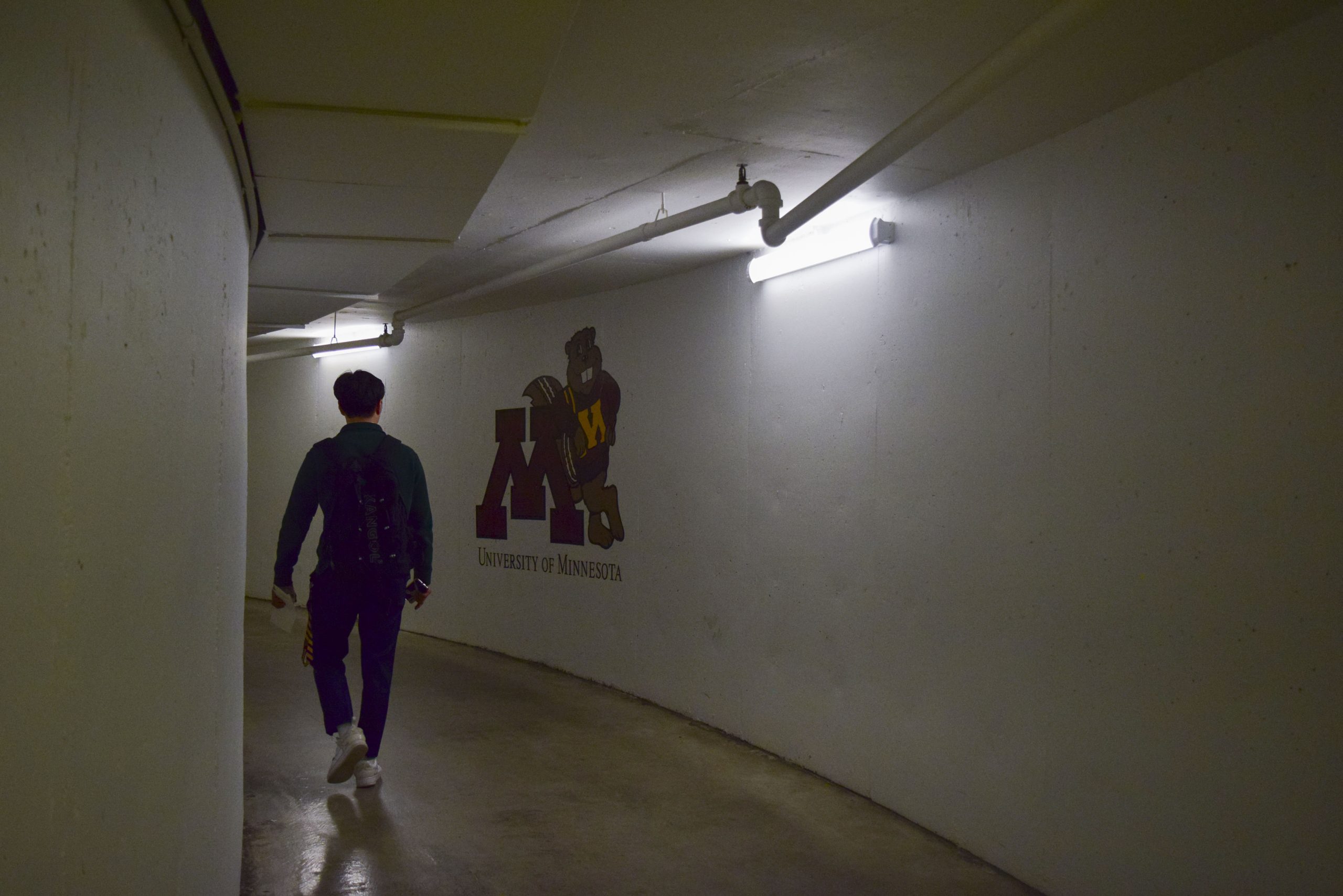Luck was not laid into the bricks of 247 Cedar Ave. when the four-story building was built more than 100 years ago.
While more than 40 firefighters and hundreds of passersby witnessed the star-crossed edifice meet its fiery demise on June 24, the inferno merely punctuated a long history of misfortune at the site.
It lost its first floor to city development after the floor was buried and turned into a basement around the 1920s when the street level was raised.
From a hole-in-the-wall tavern in the ’60s to a ’90s jazz bar and restaurant, all that is left of this bad-luck building is a burned-out hole in the ground.
The building was home to five businesses in the last 40 years, each of which folded in financial ruin. For about 20 of those years, it housed nothing but vacancy.
“That location seemed to be jinxed,” said Maury Bernstein, a former resident of the West Bank, who lived a couple doors down from the building for 30 years, until last September. “I don’t know what the reason is. For the past 30 years, that place has been closed for maybe half.”
When it was occupied, its tenants provided character to the neighborhood and filled the entertainment needs of the community.
The most recent businesses to call 247 Cedar Ave. home were two ethnic restaurants, one serving Middle Eastern cuisine and the other boasting a French-themed menu. The first of the two, Omar’s Oasis, welled up in 1987 and was owned by Azzam Sabri. Sabri’s ownership of the building and restaurant was littered with foreclosure problems, however, which may have contributed to its demise. Sabri could not be reached for comment.
In 1991, Gabriel Francois bought the restaurant and set up Nostalgia Restaurant, a jazz and blues music club, boasting French entrees, mahogany tables and velvet-covered chairs. Parking problems for customers and conflicts with other neighborhood establishments because of Nostalgia’s clientele caused Francois to close the restaurant, even though it was a viable business, he said.
“I put all my money and effort into it, and it worked,” Francois said. He renovated the entire building, which he said housed a coffee shop and bordello at some point in its history.
“Don’t be surprised if you see a Nostalgia rebirth in a community that welcomes it,” he said.
Bernstein, a local musician and former University professor of music history and musicology, remembers Nostalgia and Omar’s, lamenting their demise to neighborhood ignorance and bigotry.
“A lot of people are stupid and blind,” he said. “They come into a neighborhood and see black faces and think the neighborhood has gone bad.”
For 14 years prior to Omar’s, the site was empty of business ventures, except for one tenant. Jef Cerniak, a local musician at the time, lived on the second floor and acted as the building’s caretaker, said Michael Justen, who owned two previous businesses on the site during the late 1960s.
Justen ran The Scholar, a coffeehouse with a heavy music orientation, hosting live performances six nights a week from 1966 to 1969. The Scholar was a reincarnation of the original Dinkytown establishment where Bob Dylan got his start. Justen paid the musicians $100 a night to perform, which was a substantial fee at the time, he said. Because of that, The Scholar was not financially viable.
“The whole drift of it was to keep the music going and to give musicians a place to play,” Justen said.
Eventually, The Scholar gave way to Oblivion Records where Justen and two other partners recorded, sold and distributed records. It had started as a side business out of the coffeehouse, but from 1970 until 1972 became Justen’s focus, with two other branches, one in Dinkytown and one near Macalester College.
A pre-Christmas robbery in 1972 by Justen’s general manager, a University student who apparently had diplomatic immunity, cleaned all three stores out of more than $250,000 in cash and merchandise in one night, he said, sending Oblivion Records into oblivion.
“That basically shut that down,” Justen said.
Being shut down also ended the operations of the Breezy Point Tavern, a light beer and gambling joint known in the early- to mid-1960s for its rough and tumble clientele, said Dave Markle, a local music historian.
He remembers the Minneapolis police’s paddy wagon being stationed outside its doors daily, rounding up participants in bar brawls that spilled out into the streets.
“Eventually, the city closed the place down because it was too expensive to keep policing,” Markle said.
Today, the empty site might be too expensive to build on, said officials from Theatre in the Round, which abuts the charred structure. Expansion fell down the theater’s priority list after the building was demolished in the week following the fire.










